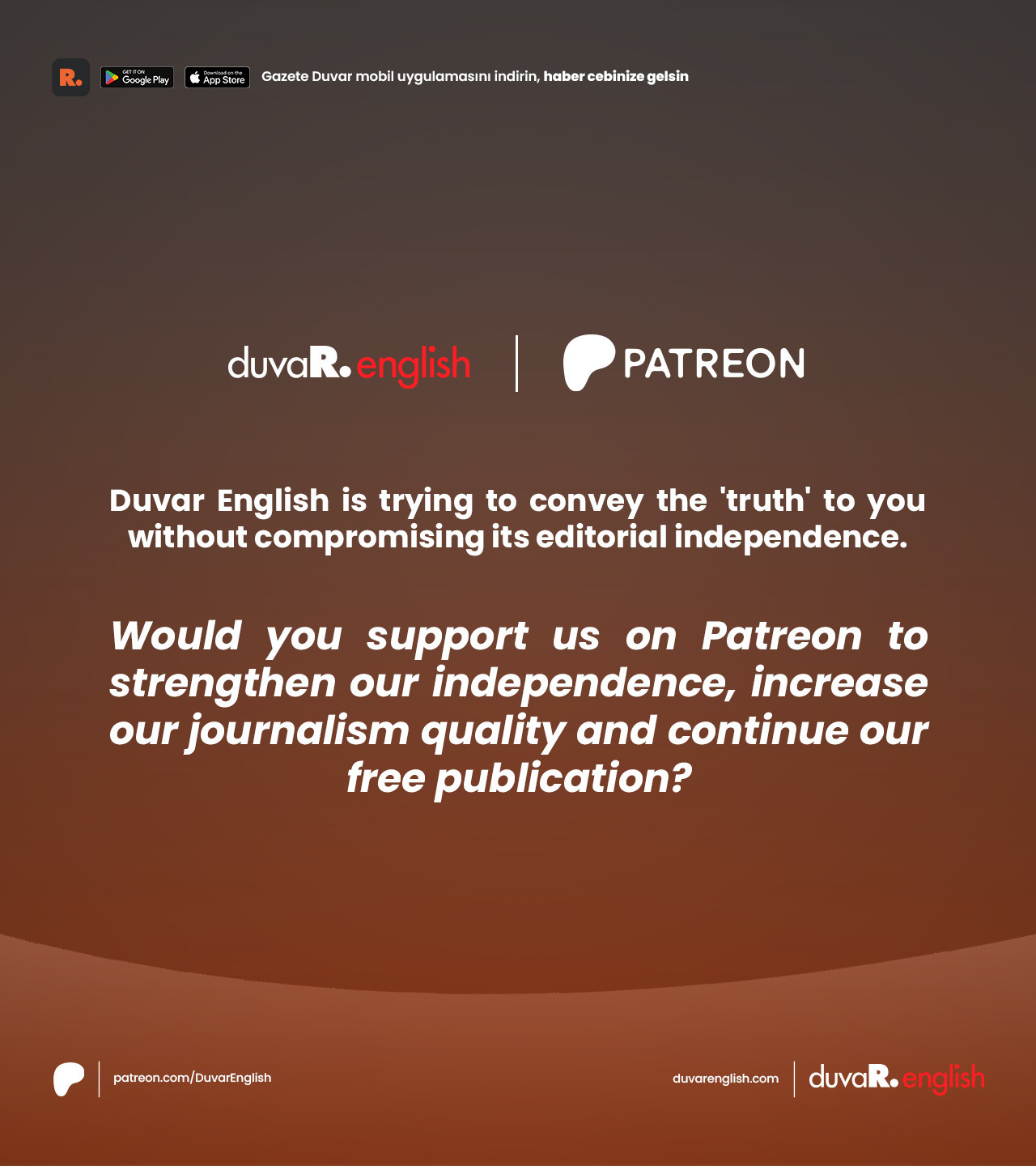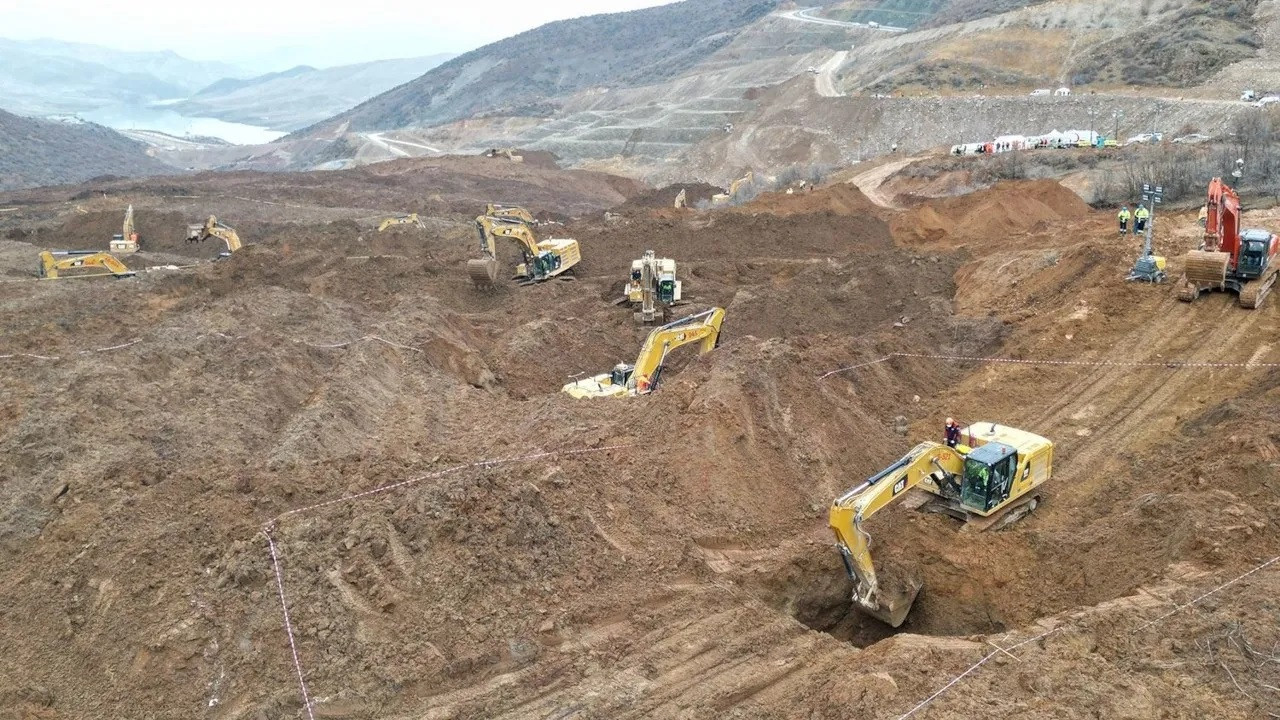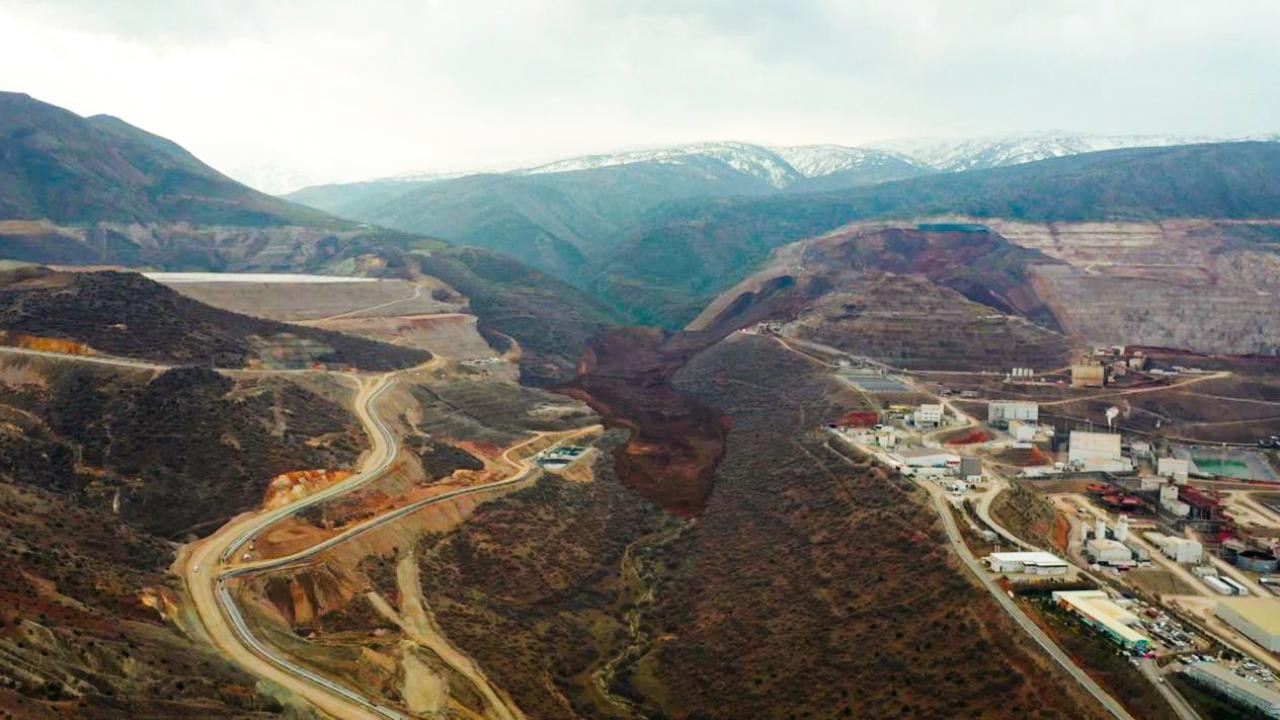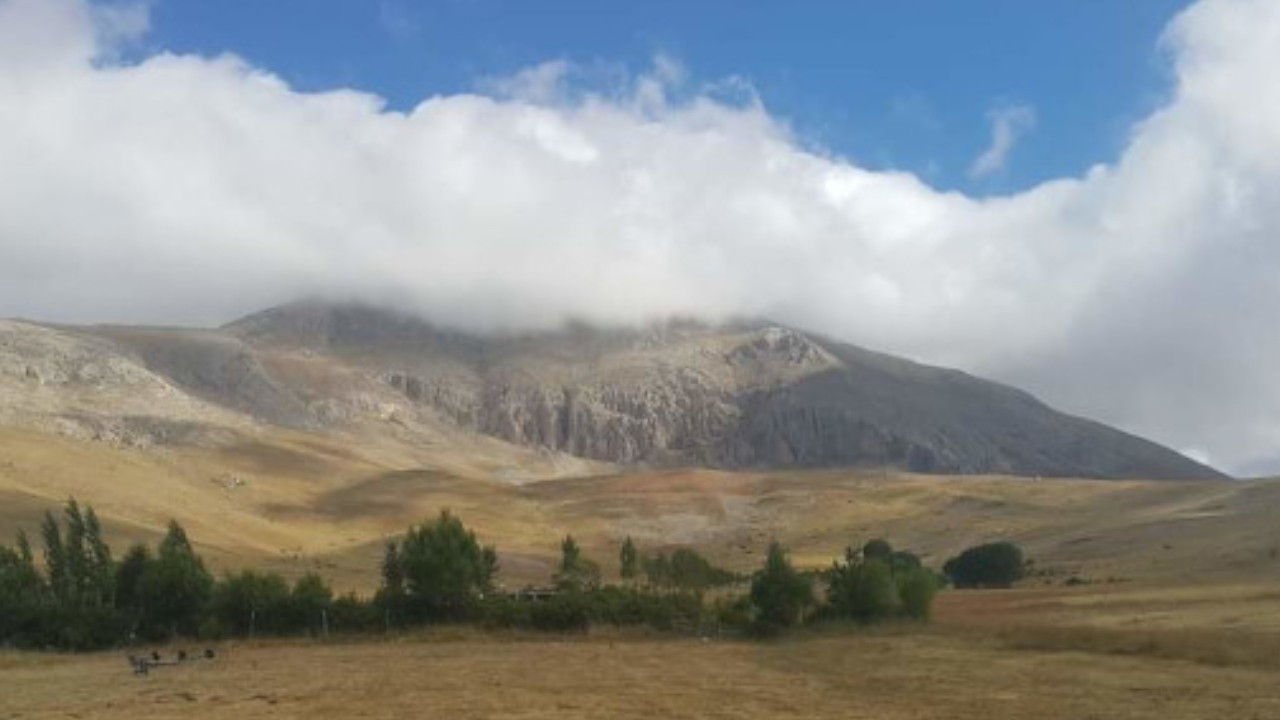Villagers in western Turkey submit petitions against marble quarry on ancient site
Citizens of Eskihisar in Turkey’s Aegean province of Muğla have submitted petitions against the marble quarry project plans near their village. The villagers held that an impact report was necessary despite the Environment Ministry's call, arguing that the quarry would pollute water and damage an ancient site.
Duvar English
Citizens on May 14 opposed the opening of a marble quarry in Eskihisar Village of Muğla province in western Turkey and submitted petition letters to the Provincial Directorate of Environment, Urbanization, and Climate Change.
Afterward, villagers made a statement in front of the directorate, demanding the cancellation of the decision that an "Environmental Impact Assessment was not necessary" for the quarry.
Ecologists joined the villagers in the statement, according to reporting by Mesopotamia News Agency (MA). Lütfi Kirayoğlu, one of the villagers, highlighted that the region had been an ancient city for 2,500 years.
He said, "This area is very important for all of Muğla, but it has been under severe attack for 40 years.”
Most recently in November, a mining company came to the village and wanted to pursue the marble quarry without any proper assessment.
“We repelled them as villagers,” Kirayoğlu continued.
Now, another company was looking to open a marble quarry over 1,500 acres of land, just 500 meters away from the village. The villagers experienced a severe explosion just as they were hitting the road for the directorate.
He declared, “All the hills around our village have been covered by marble quarries, and the forests have been destroyed. We will not submit to this situation."
Following him, the village head (mukhtar), Cafer Ateş, said, "We oppose all marble quarry projects within the boundaries of our village.”
The mukhtar said that the project site covered the marble quarries of the ancient city of Stratoneikeia, and was an area with olive groves and the neighborhood's drinking water sources.
The villagers believed that the “Environmental assessment not necessary” decision was unlawful, and would harm the ancient sites located in the project area.
The village has already paid a heavy price, held the mukhtar, having been relocated three times due to coal mines.
“We will pursue all kinds of legal and administrative battles to cancel this project," announced the embittered villagers.
The Turkish Environment, Urbanization, and Climate Change Ministry requires environmental impact assessment reports for multiple types of projects, such as energy generation, infrastructure, housing developments, and "large-scale" mining.
However, the ministry defers the right to decide whether an impact report is necessary for a project to the governorship that oversees the project site, after providing the necessary documents.
The Çöpler gold mine in eastern Turkey where a massive landslide claimed nine lives was likewise a project that put the government's environmental assessment impact waiver decisions into question.
Experts found that the most recent capacity expansion at the mine caused the landslide, even though the expansion plan did not "require" an impact report.


 Turkish court stops capacity expansion at gold mine after disasterEnvironment
Turkish court stops capacity expansion at gold mine after disasterEnvironment Scientists determine heap leach caused landslide in Turkish mine 70 pct higher than maximumDomestic
Scientists determine heap leach caused landslide in Turkish mine 70 pct higher than maximumDomestic Turkish court rules against marble quarry project planned for sacred mountain of AlevisEnvironment
Turkish court rules against marble quarry project planned for sacred mountain of AlevisEnvironment